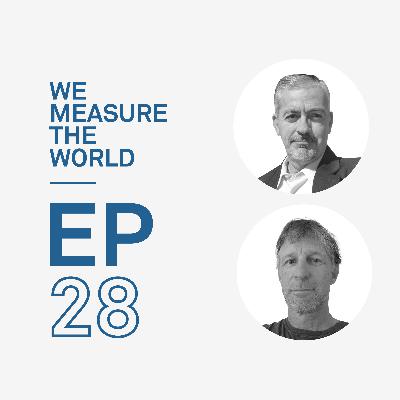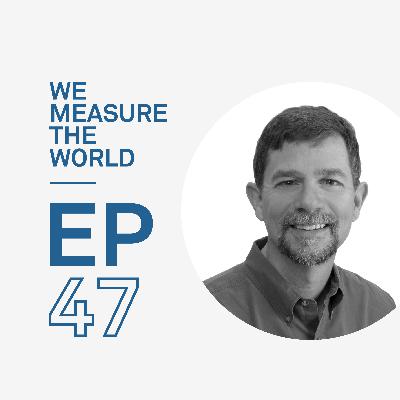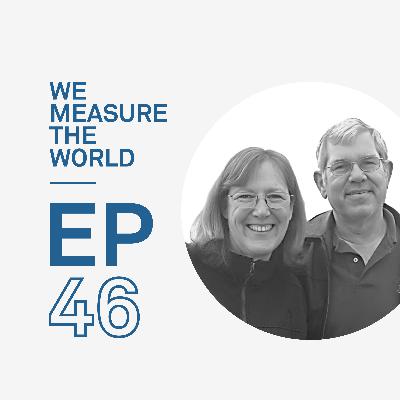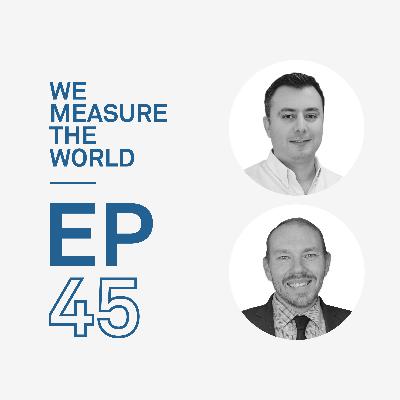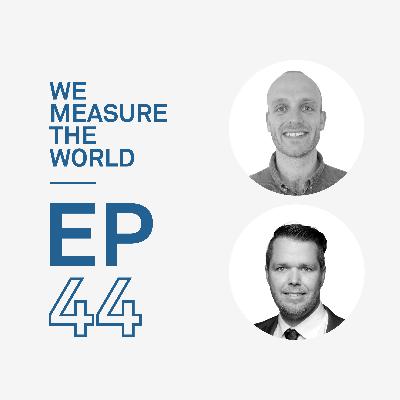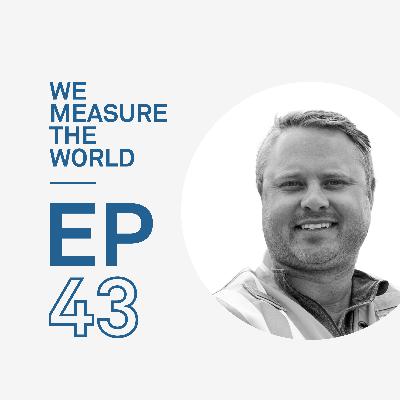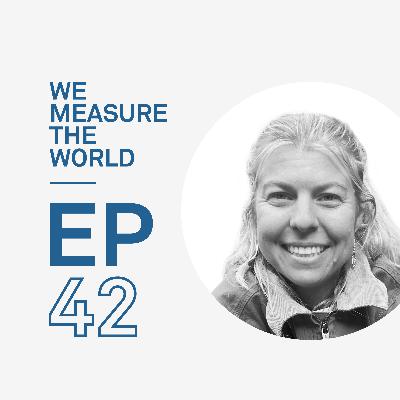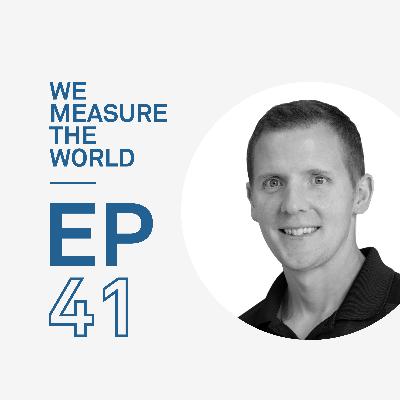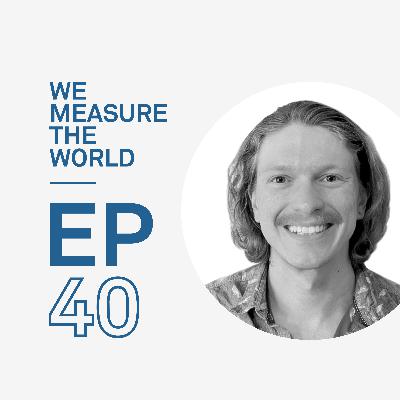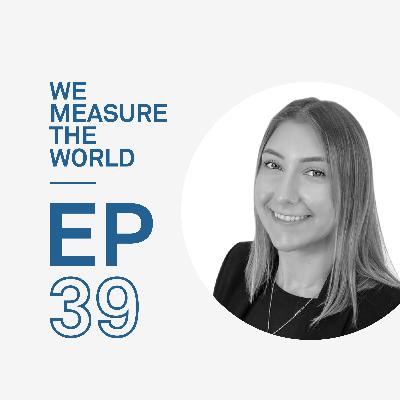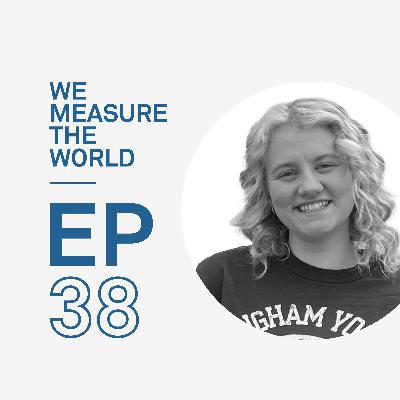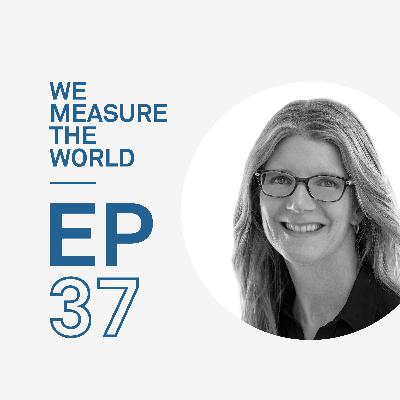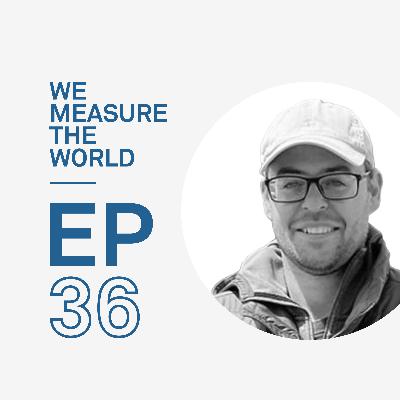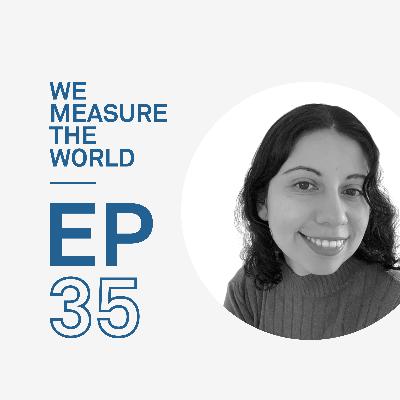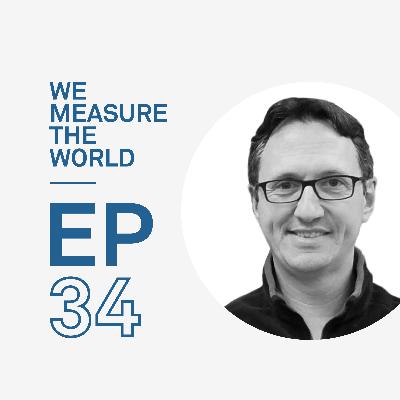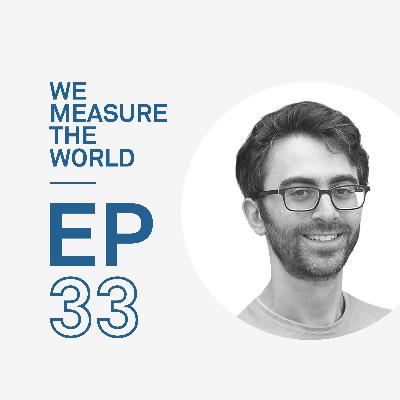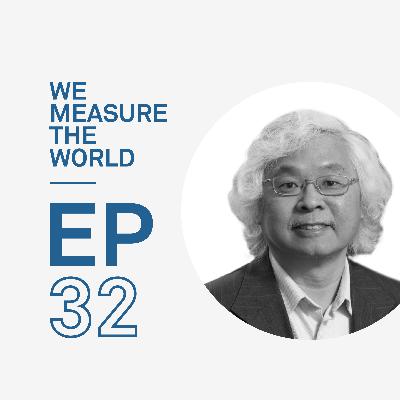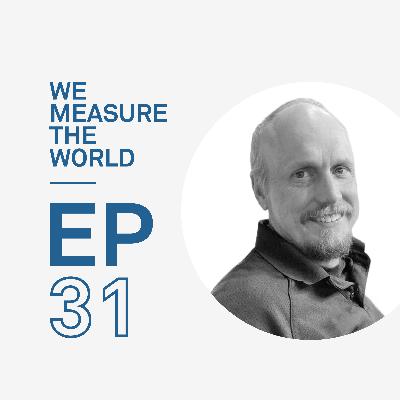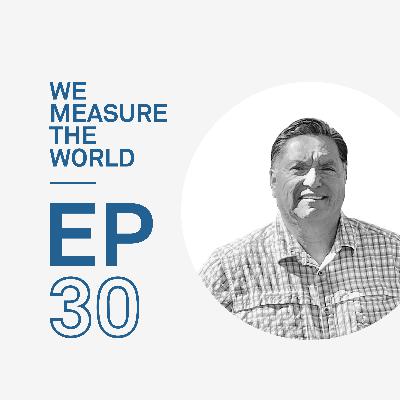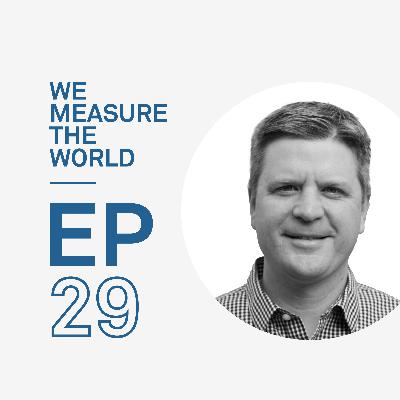Episode 28: Quantifying statewide soil health
Description
Steve Blecker PhD is a research soil scientist with the Ag Experiment Station at Colorado State University. He obtained his Bachelor's at Penn State University and graduate degree in pathology at Colorado State University. His research focuses on sustainable agriculture, soil health, and range land restoration. Steve is actively involved in collaborative projects with the farming community and contributes to the advancement of sustainable and resilient agricultural practices.
Jim Ippolito PhD is currently a professor in the School of Environment and Natural Resources at Ohio State University. He obtained his Bachelor's in agronomy from the University of Delaware, and his graduate degree in soil chemistry, fertility, and quality from Colorado State University. Jim is an expert in and teaches soil fertility and soil health principles and practices. He is actively involved in research, teaching, and extension activities, working to improve soil health and fertility for the benefit of farmers, land managers, and the environment.
Podcast Transcript:
BRAD NEWBOLD 0:00
Hello everybody and welcome to We Measure the World, a podcast produced by scientists, for scientists.
JIM IPPOLITO 0:07
My gut is telling me that this is where we're going to see the best bang for our buck in terms of return on investment, for improving carbon in our soils, it's going to be in the Western United States, we're going to see drastic improvements. And I'll tell you from some of my experiences with other soil health projects, that if you do things, quote, right, you might see a change in less than five years. In fact, we had a project over on the western slope of Colorado where we saw changes in three years in terms of organic carbon accumulation in the soil surface in three years.
BRAD NEWBOLD 0:41
That's a small taste of what we have in store for you today. We Measure the World explores interesting environmental research trends, how scientists are solving research issues, and what tools are helping them better understand measurements across the entire soil plant atmosphere continues. Today's guests are Steve Blecker and Jim Ippolito. Steve Blecher, is a research soil scientist with the Ag Experiment Station at Colorado State University. He obtained his Bachelor's at Penn State University and graduate degrees and pathology at Colorado State University. His research focuses on sustainable agriculture, soil health and range land restoration. Steve is actively involved in collaborative projects with the farming community and contributes to the advancement of sustainable and resilient agricultural practices. Jim Ippolito is currently a professor in the School of Environment and Natural Resources at Ohio State University. He obtained his Bachelor's in agronomy from the University of Delaware, and his graduate degrees in soil chemistry, fertility and quality from Colorado State University. Jim is an expert in and teaches soil fertility and soil health principles and practices. He is actively involved in research, teaching and extension activities, working to improve soil health and fertility for the benefit of farmers, land managers and the environment. And today, they're here to talk about their research into agroecosystem management, soil health, and Ecosystem Sustainability and resiliency. So Steve, and Jim, thanks so much for being here.
STEVE BLECKER 2:09
Glad to be here.
JIM IPPOLITO 2:09
Yeah, thanks for having us Brad.
BRAD NEWBOLD 2:12
Alright. So today, we wanted to talk about a few of your projects and research interest. But first, can you tell us a little bit about your background and how you came to be involved in soil science and your particular specialties?
STEVE BLECKER 2:25
Yeah, I just sort of wandered into soils, really, I mean, I didn't really like I didn't really know what I wanted to do at Penn State and I just kept kind of wandering around taking different classes. And the day, I took the I took an intro to soils class, and then it just something just clicked. I was like, wow, this is really cool. I mean, people actually study soils, I mean, wow. So I just took all the soils classes, I could get a hold of, and then my undergrad ran out, and I just wanted to keep going. So turned to grad school. And it's learning about soils ever since.
BRAD NEWBOLD 3:03
what got you involved in in kind of the agricultural side and with extension activities?
STEVE BLECKER 3:08
Well, that's pretty recent development. For me, I was I was doing more basic research for most of my for a lot of my career anyway. And, and just kind of once, when I came back to Colorado, and in my current position, there was this opportunity to do a lot more kind of applied research, just kind of work with growers in different agroecosystems, it just kind of you know it was exciting to me to be able to, you know, instead of, I used to publish in, not that I don't publish anymore, but in scientific journals, and maybe read by a handful of people, but now it's just it's more I'm more interested in kind of connecting with growers and just letting helping them understand the soils that they're working with.
BRAD NEWBOLD 3:56
And Jim, how about you?
JIM IPPOLITO 3:58
Well, my, my path into soils is much like Steve's like, when I was an undergrad, I really didn't know what I wanted to do. I was geared towards sciences, like science is in my blood, basically, in my genes. And I knew I didn't want to go into chemistry. My, my family has a long history of being in the chemistry field. So I steered clear of chemistry. I really steered clear of chemistry. And then I stumbled across horticulture class when I was a freshman. I said, Oh, that's interesting. Let me go see if there's any other classes that are offered within the College of Ag at the University of Delaware. And just like Steve, I took Intro to soil science. And I was hooked. I just, it just felt right. And lo and behold, there is a lot of chemistry in soil science. And so I'm a chemist. I consider myself a soil chemist and I love it. I just love what I do. I've been involved with a lot of different sectors though. A lot of ag over my 30 plus year career, in fact, most of it has been an ag but also in, in sites that have been contaminated with heavy metals, or more recently sites that are contaminated with these forever chemical compounds, PFAS's and PFOA's. And, you know, just solving problems, I'm, I'm really an applied soil chemist, I love what I do. And, and I've known Steve, we both known each other's for oh my gosh, since 1990, we went to grad school together at Colorado State University, and our paths have just done this, we've interwoven our paths over the over the years. So, which is why we still work together.
BRAD NEWBOLD 5:42
That's good. That's good that you guys still like each other, then after working together so long, more or less. And I do hope that maybe we can come back and talk about those forever chemicals. That was kind of a side, you know, side discussion that I think is really interesting and pertinent to a lot of stuff that's been, you know, popping up recently. I mean, but anyway, we'll come maybe we'll come back to that later. So one of the one of the I guess, themes, or I guess, overarching research interests that seems to be within both of your specialties deals with soil health, or what we have now call soil health I know, in the intro, Jim, we talked about your or I mentioned that your degrees were in soil chemistry, fertility quality, which is kind of what now we would term soil health. I was wondering if you if you guys could just kind of give us a give our audience a basic overview of what we what is considered now soil health, what are the the principles that that go into soil health? You know, how do we, how do we quantify or measure soil health and kind of all those kinds of things?
STEVE BLECKER 6:54
Okay, I'll take a crack at it, and then fill in the gaps, Steve, because, you know, when I think about soil health, and when I talk about soil health to a lot of people that maybe are not strongly familiar with soil health, this is how I approach it, I approach it much like discussing human health. And when we go to the doctor, because maybe we don't feel right, and the doctor runs a bunch of tests on us, right, so a doctor may ask you to run on a treadmill, for example, to take a look at maybe physical health, you'll get a blood draw. So blood might be chemical health, and sooner or later down the line, somebody's probably going to start taking some gut microbiome samples from you. And that's a measure of biological health. So when we talk about health, especially with humans, we oftentimes never talk about health directly, but we look at the measurements that we think get are geared towards human health or the like, good human health, if you will, we do the same thing with soils. So in soils, we look at soil physical characteristics, chemical characteristics, and certainly biological characteristics. And we look for the sometimes we call it the sweet spot, at least that's what I call it, where all three of these physical, chemical and biological overlap. And, you know, you can think of three circles overlapping. Many of us have used this analogy before, and looking at where that circle in the center encompasses the, quote, best of physical, chemical and soil, biological health. So that's, that's my approach. And to be honest with you, I've used this approach for oh my gosh, almost my entire career without even knowing it. What do you think, Steve?
STEVE BLECKER 8:39
Man, that's a hard act to follow. I like the analogy with the human health. I hadn't thought of that. That's pretty good. But no, I mean, you're right. It's the name has chan

